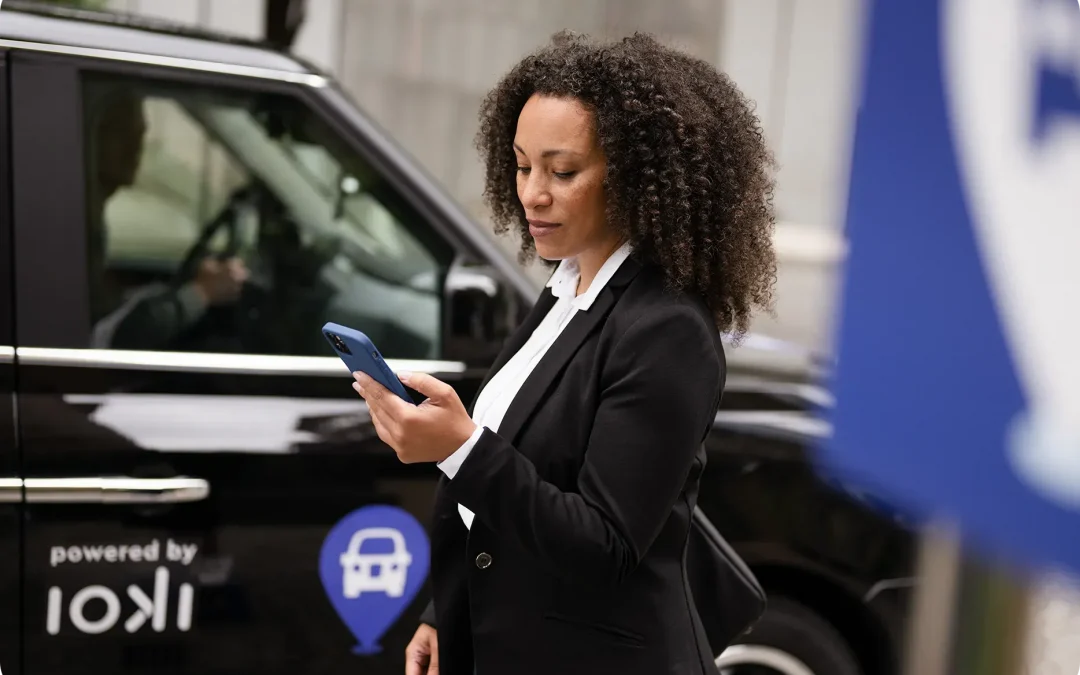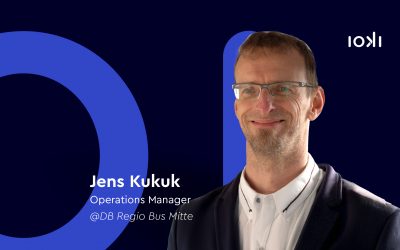1 year of “Friedrich”: How do you evaluate the success of the service since its launch?
The introduction of the demand-responsive transport “Friedrich” has been a complete success. This enabled us to open up areas in Greifswald where regular public transport services are not worthwhile. “Friedrich” is particularly popular in these neighbourhoods. In addition, the service is developing successfully throughout the city and the number of downloads is increasing continuously. This shows the growing interest of the population. The cooperative and goal-orientated collaboration with ioki right from the start has contributed significantly to the success of the on-demand service.
Why did you decide to integrate digital public transport tickets into the booking app?
Following the sudden and unexpected cancellation of our previous smartphone ticketing solution, we had to find a new solution quickly. The offer from ioki for an integrated ticketing system came at just the right time. With the ticket shop in our “Friedrich” app from ioki, we now have everything we need from a single source.
What benefits do you see from the integration in the long term?
It is important to us that our passengers continue to receive a holistic mobility service in the future. Our aim is to make the service more attractive and to continuously develop it in line with the needs of our passengers.
The Digitalisation continues: what further development opportunities do you see for the future of urban and digital mobility?
For us personally, the further development of the Friedrich app makes sense, because with additional mobility services we are making public transport more accessible and therefore more attractive for the population. However, we always want to orientate ourselves according to the needs of our customers.
Thank you!



